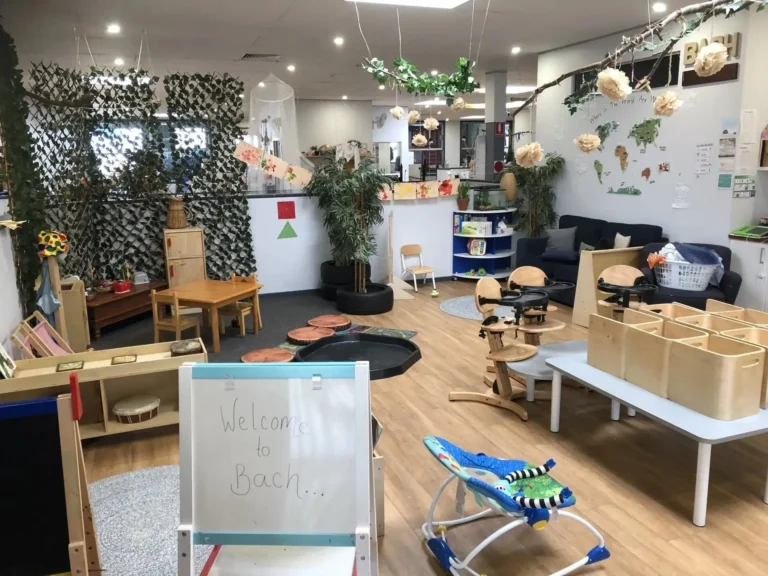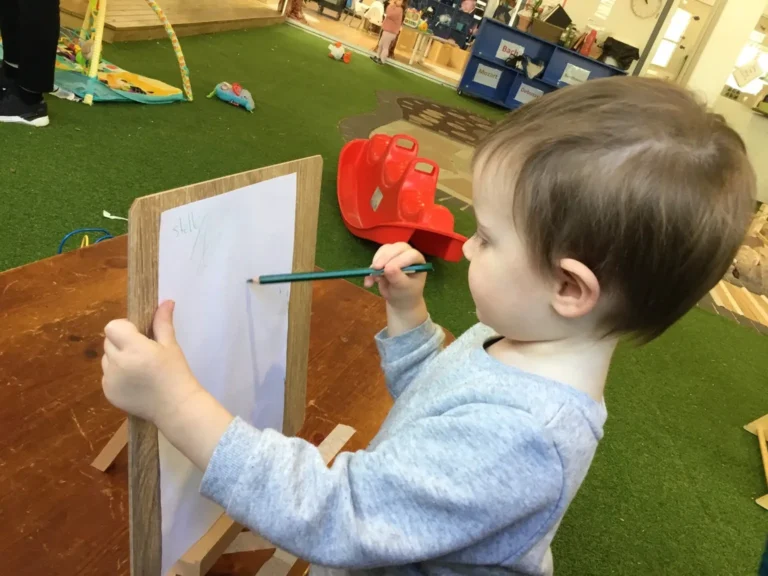
Technology nowadays is easily accessible, even for a small toddler. From watching cartoons on the TV to checking out online games and videos, your child is likely to be exposed to one form of media use as they are growing up. While this is normal, if you end up having to pry their gadgets away during meals, you have to change things.
According to the American Academy of Pediatrics, too much screen time, the term used for the time that’s spent on games, devices and videos, can have a negative effect on your child’s sleep, health and social skills. Understanding how this behaviour and technology affects their cognitive development is a key part of child care in Australia.
Can Too Much Screen Time Hinder Development?
Based on the research by Sheri Madigan and the University of Calgary’s department of psychology, children who are being put in front of screens often show signs of delayed development.
The study tracked the progress of over 2,400 children, asking their mothers to complete questionnaires that assessed the kid’s screen time and development during the key ages of 2, 3 and 5. Not surprisingly, the study revealed that higher levels of screen time at the ages of 2 and 3 resulted in poorer performance on developmental screening tests that challenged their communication, problem-solving and motor skills.
Managing Screen Time for Your Children
Completely cutting off access to gadgets, however, is not the best answer. What’s important is properly managing their screen time in a way that benefits them.
Children aged 2 to 5 years should be limited to only one hour of screen time per day. Let them watch educational programs that can help boost their cognitive, literacy and social skills. It’s best to stay involved and watch these with them, however, so you can guide them and help them understand what they are watching. Be sure to include playdates and outdoor free time as part of their learning experience in childcare centres in Australia.
It can be much harder to keep tabs on the screen time of children aged 6 and older, but it’s important to set limits and make sure that screens don’t replace real-life interactions. You can also make a family plan defining the different types of media use and provide the amount of time they can spend on each one.
It can be tempting to let children watch shows nonstop while we go about our day. After all, this ensures that they stay out of trouble while we accomplish chores. However, it’s important to consider the effect this can have on our children.
Modelling the preferred behaviour is a great way to help children understand and follow your set rules. We follow this mindset at Creative Childcare Australia . Learn more about your child’s development and education by getting in touch with us today.



